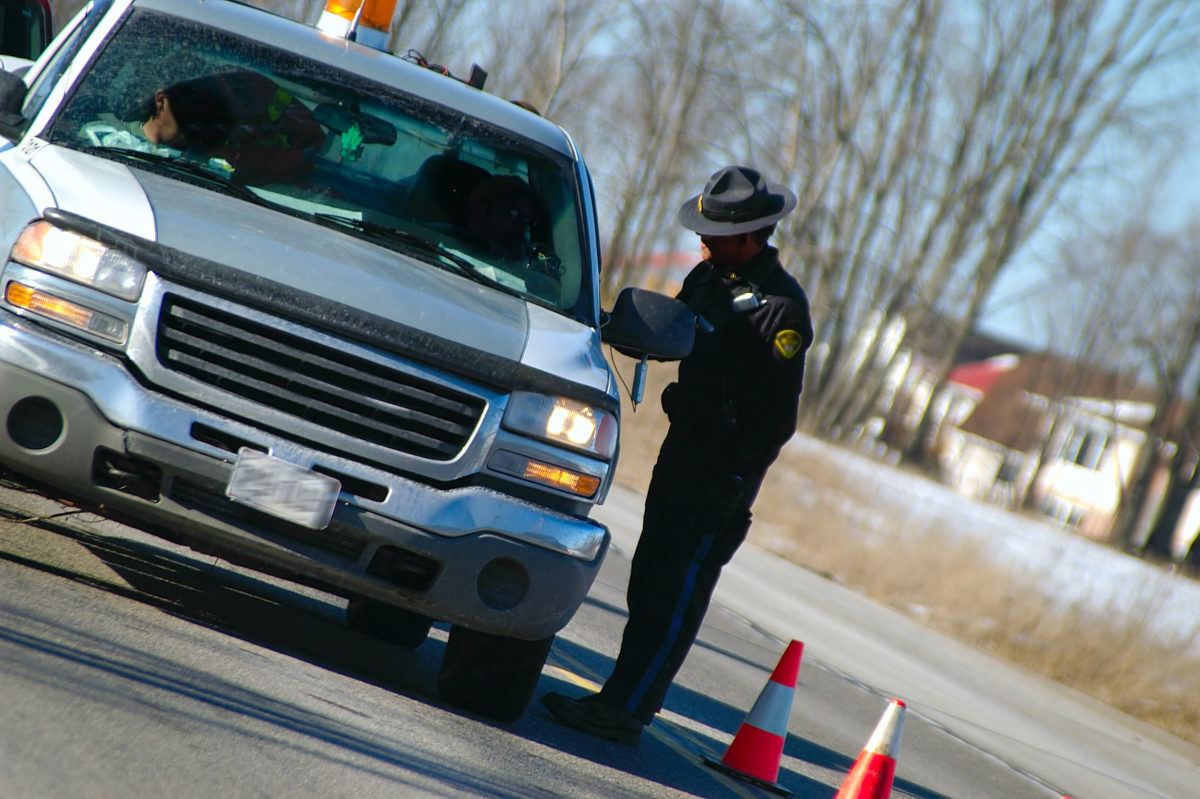Are You a Drugstore Cowboy? Stealing Prescription Medication Can Cost You More than Your Freedom
“Drugstore Cowboy,” a critically acclaimed 1989 film by Gus Van Sant about a crew of addicts who rip off pharmaceutical providers to get their fix, illustrates the often irresistible and sometimes deadly temptation to steal prescription medication.
The film focuses on Bob, played by Matt Dillon, who is the drug-addicted leader of a “family” of fugitives crisscrossing the Pacific Northwest during drug-cultured 1971. The doped up felons knock off every pharmacy and hospital they can break into in a never-ending quest to get high.

One of Bob’s protégés, a drugged-out teenager played by Heather Graham, overdoses and dies in the film, prompting Bob to dig deep into his soul to find the strength to kick drugs, get sober and end his life of crime.
Bob’s wife, played by Kelly Lynch, refuses to quit chasing her demons. She becomes a constant, nagging reminder of a lifestyle that the drugstore cowboy struggles to resist, complicating Bob’s efforts to go straight.
Bob ultimately finds out there is much more to giving up the lifestyle of a drug addict that quitting drugs…
Prescription Medications are Controlled Substances
If you steal prescription medication, you can be arrested and charged with being in possession of a controlled substance. Drugs, substances, and certain chemicals used to make drugs are classified into five distinct categories or schedules depending upon:
- The drug’s acceptable medical use; and
- The drug’s abuse or dependency potential.
Controlled substances include, but are not limited to the following:
- Illegal drugs, such as methamphetamine, cocaine, heroin and ecstasy; and
- Legally prescribed medication such as Valium, Xanax, Vicodin, Oxycotin, Morphine and Dilaudid, if you don’t have a valid prescription.
“Drugstore Cowboy” California Crimes
If you steal prescription medications in California like the characters do in “Drugstore Cowboy,” some of the crimes you could be charged with include:
- Burglary (PC 459) is defined as entering a room, house, dwelling, building or locked vehicle with the intent to commit a felony or petty theft once inside. Burglary is divided into degrees:
- First degree burglary is always a felony, reserved for breaking into an inhabited home or dwelling (residential burglary). First degree burglary is punishable as a “strike” under California’s Three Strikes Law and carries up to six years in prison plus a maximum $10,000 fine.
- Second degree burglary (or commercial burglary) is any other kind of unlawful entry to commit a felony or petty theft and is a “wobbler,” meaning it can be charged as either a misdemeanor or a felony. The punishment for misdemeanor second degree burglary is up to one year in jail, and/or up to a $1,000 fine. Punishment as a felony is up to three years in jail and/or up to a $10,000 fine.

If you steal prescription medication in California, you will face a variety of crimes.
In the movie “Drugstore Cowboy,” Bob breaks into pharmacies and hospitals to steal drugs, which are second degree burglaries. Bob could be charged and sentenced separately for each burglary he commits.
- Petty theft (PC 484) is a misdemeanor. These charges may apply if you steal anything worth $950 or less. Petty theft is punishable by up to one year in jail and/or a $1,000 fine. However, if you are accused of steal something worth $50 or less, petty theft can be reduced to an infraction, carrying only a fine of up to $250.
- Grand theft (PC 487) is stealing anything worth more than $950. It may be charged as a “wobbler,” meaning either a misdemeanor or a felony, depending on:
- The circumstances of the crime;
- The value of the item stolen; and
- Your criminal history
Misdemeanor grand theft carries up to one year in jail and/or $1,000 fine. Felony grand theft carries up to three years in jail, a fine of up to $10,000, or both.
- Possession of a controlled substance (HS 11350) is a felony. It means possessing an illegal drug or legal drug without a prescription for personal use. Punishment is up to three years in jail, a $10,000 fine, or both.
- Possession for sale of a controlled substance (HS 11351) – Possessing a controlled substance with the intent to sell it is always a felony in California, unless you have a valid license to sell medication in an authorized facility such as a pharmacy. Punishment for possession with intent to sell is up to four years in jail, a $10,000 fine, or both.
- Transporting/Selling drugs (HS 11352) includes transportation, actual sales, and importing/exporting of illegal drugs or legal medication without a prescription or not in its proper container. HS 11352 is always charged as a felony. Punishment is up to five years in jail, a $10,000 fine, or both.
If you transport drugs across two or more California counties, your punishment increases to up to nine years in prison. If you cross state lines, you can be federally prosecuted.
The amount and type of drugs you transported, sold or distributed can substantially increase your sentence and fine in California. Alternatively, you could face prosecution for drug trafficking under federal law.
The Worst Case Scenario – Drug Overdose

Stealing drugs isn’t just a bad idea. It could be fatal.
Heather Graham’s character dies as a result of a drug overdose in the movie “Drugstore Cowboy.” If someone is seriously injured or dies as a result of drugs you are accused of stealing or possessing, selling, or distributing, you could also be looking at other serious charges such as manslaughter or murder.
As we’ve learned from the movie “Drugstore Cowboy,” stealing drugs can cost a whole lot more than your freedom – it could cost you your life.
Contact Wallin & Klarich if You Have Been Arrested for Stealing Prescription Medication
If you or someone you love has been charged with stealing prescription medication, contact our experienced criminal defense attorneys at Wallin & Klarich today. You could be facing many years behind bars if you are convicted of the charges against you.
At Wallin & Klarich, our attorneys have over 40 years of experience successfully handling theft and drug-related cases in both state and federal court. With offices in Los Angeles, Sherman Oaks, Torrance, Tustin, San Diego, Riverside, San Bernardino, Ventura, West Covina and Victorville, Wallin & Klarich has successfully defended thousands of clients facing the severe consequences of theft and drug-related crimes. We can help guide you through all of your options and help you get the best result possible in your case.
Call us today at (877) 4-NO-JAIL or (877) 466-5245 for a free telephone consultation. We will get through this together.





